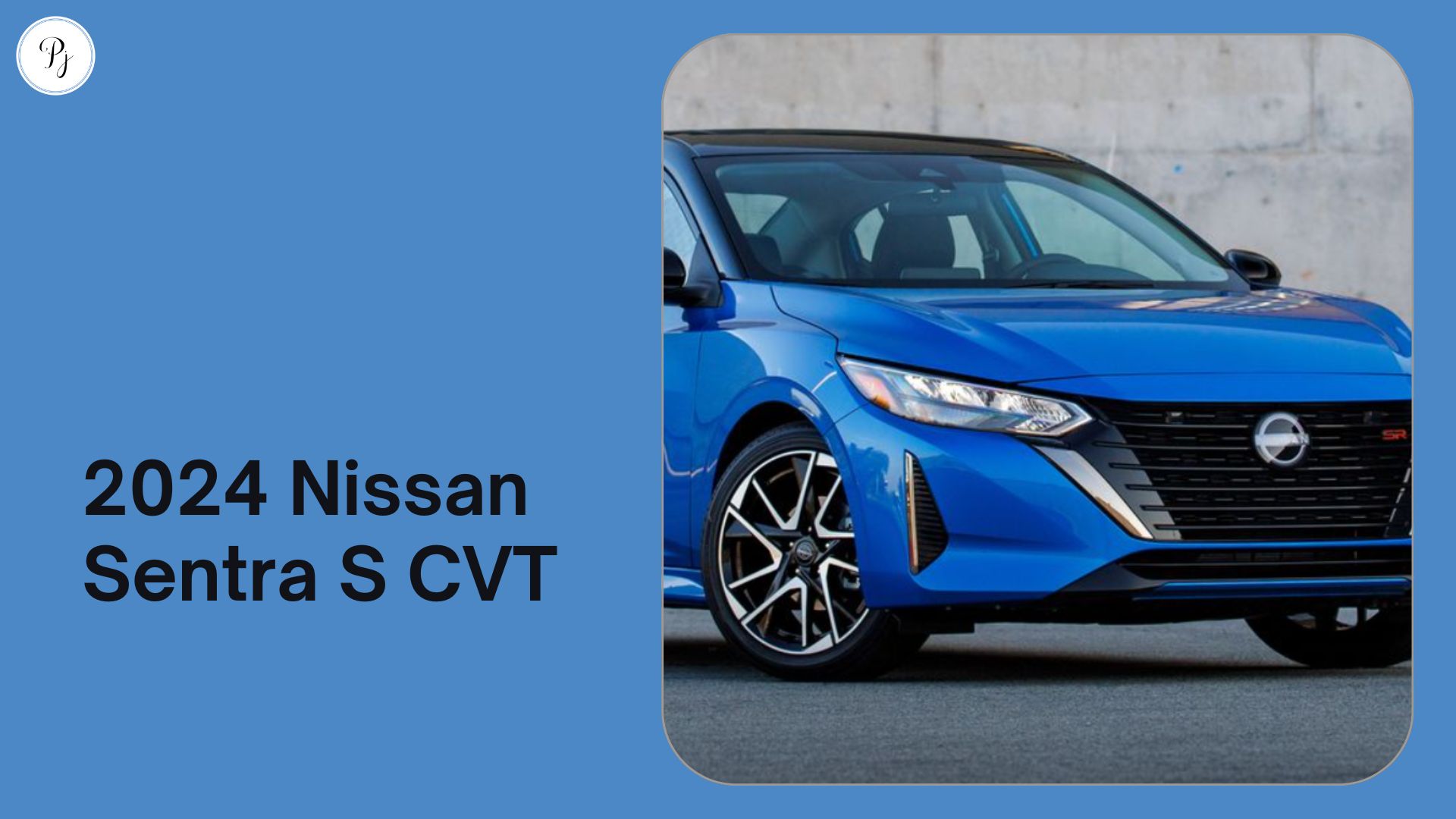Are you looking for a new and exciting programming language? Do you want to write code that is fast, reliable, and easy to read? If so, you might want to check out Carbon, a language that aims to be a successor to C++, one of the world’s most popular and powerful languages.
Carbon programming language is an experimental language that was created by Google engineers. They wanted to fix some of the problems of C++ while keeping its advantages. Carbon is similar to C++ in many ways, but it also has some new and cool features that make it more modern and fun.
In this article, we will tell you everything you need to know about Carbon, and why you should give it a try. We will cover:
- What is Carbon programming language and what can it do?
- Why use Carbon and what are its benefits?
- What are the challenges and limitations of Carbon?
- How does Carbon compare to other languages?
Let’s get started!
What is Carbon programming language and what can it do?
Carbon is a C-style language that uses curly braces, semicolons, and other familiar symbols. However, it also has some new features that make it more expressive and safer. Here are some of them:
- Generics: Carbon lets you write code that works with different types of data without repeating yourself. For example, you can write a function that sorts any kind of list, instead of writing a separate function for each type of list. Generics can also make your code faster by avoiding unnecessary conversions and memory allocations.
- Modules: Carbon lets you organize your code into logical units that can be imported and exported. For example, you can create a module that contains all the functions related to math, and import it whenever you need it. Modules can help you reduce compilation times, avoid name clashes, and enforce encapsulation.
- Simple syntax: Carbon has a simple and consistent syntax that avoids unnecessary symbols and keywords. For example, Carbon does not use header files, pointers, or multiple inheritance. It also has a powerful type inference system that can figure out the types of your variables and expressions without you having to write them explicitly.
- Strong type system: Carbon has a strong and static type system that can catch common errors before you run your code. It also lets you create your types, such as structs, Enums, and classes. Carbon does not allow implicit conversions between incompatible types, which can prevent bugs and improve readability.
- Interoperability: Carbon can work seamlessly with C++ code and libraries. It can call C++ functions, use C++ classes, and even inherit from C++ base classes. It can also expose its functions and types to C++ code using a simple annotation.
Why use Carbon programming language and what are its benefits?
Carbon programming language has many advantages over other languages, especially for developers who are already familiar with C++. Here are some of the reasons why you should use Carbon:
- Productivity: Carbon can help you write code faster and easier by reducing boilerplate code, simplifying syntax, and providing powerful features. It can also help you read and understand code better by enforcing clarity and consistency.
- Performance: Carbon can match or exceed the performance of C++ code by using the same compiler optimizations and runtime libraries. It can also avoid some of the performance pitfalls of C++, such as memory leaks, undefined behavior, and excessive copying.
- Reliability: Carbon can improve the reliability of your software by preventing or detecting common errors at compile time or run time. It can also help you debug and test your code more effectively by providing useful error messages and tools.
- Compatibility: Carbon can work with existing C++ codebases and libraries without requiring major changes or wrappers. It can also target multiple platforms and environments using the same toolchain and standards as C++.
What are the challenges and limitations of Carbon?
Carbon programming language is not a perfect language, and it has some challenges and limitations that you should be aware of. Here are some of them:
- Maturity: Carbon is still an experimental language that is under active development. It does not have a stable release or a formal specification yet. It may also have bugs, missing features, or breaking changes in the future.
- Adoption: Carbon is not widely used or supported by the software industry yet. It does not have many libraries, frameworks, or tools that are specific to it. It may also face resistance or skepticism from some developers or employers who prefer more established languages.
- Learning curve: Carbon may have a steep learning curve for some developers who are not familiar with its features or concepts. It may also require some unlearning or relearning for developers who are used to C++ idioms or patterns.
How does Carbon programming language compare to other languages?
Carbon is not the only language that tries to improve on C++ or offer similar capabilities. Many other languages have different strengths and weaknesses compared to the Carbon programming language. Here is a table that summarizes some of the main differences:
| Language | Strengths | Weaknesses |
|---|---|---|
| Rust | Memory safety and concurrency | Complex and strict syntax |
| Swift | Modern and expressive features | Mainly for Apple platforms |
| Go | Simple and pragmatic design | Not very expressive or flexible |
Conclusion
Carbon programming language is a new and promising language that aims to be a successor to C++. It offers many features and benefits that can improve your productivity, performance, reliability, and compatibility. However, it also has some challenges and limitations that may hinder its adoption or usage. Carbon is still an experimental language that is evolving and improving over time. If you are interested in learning more about Carbon, you can check out its official website, GitHub repository, or YouTube channel. You can also try it online using the Carbon Explorer or download it from the official website.
We hope you enjoyed this article and learned something new about Carbon. Please let us know in the comments below if you have any questions or feedback.
Thank you for reading!





